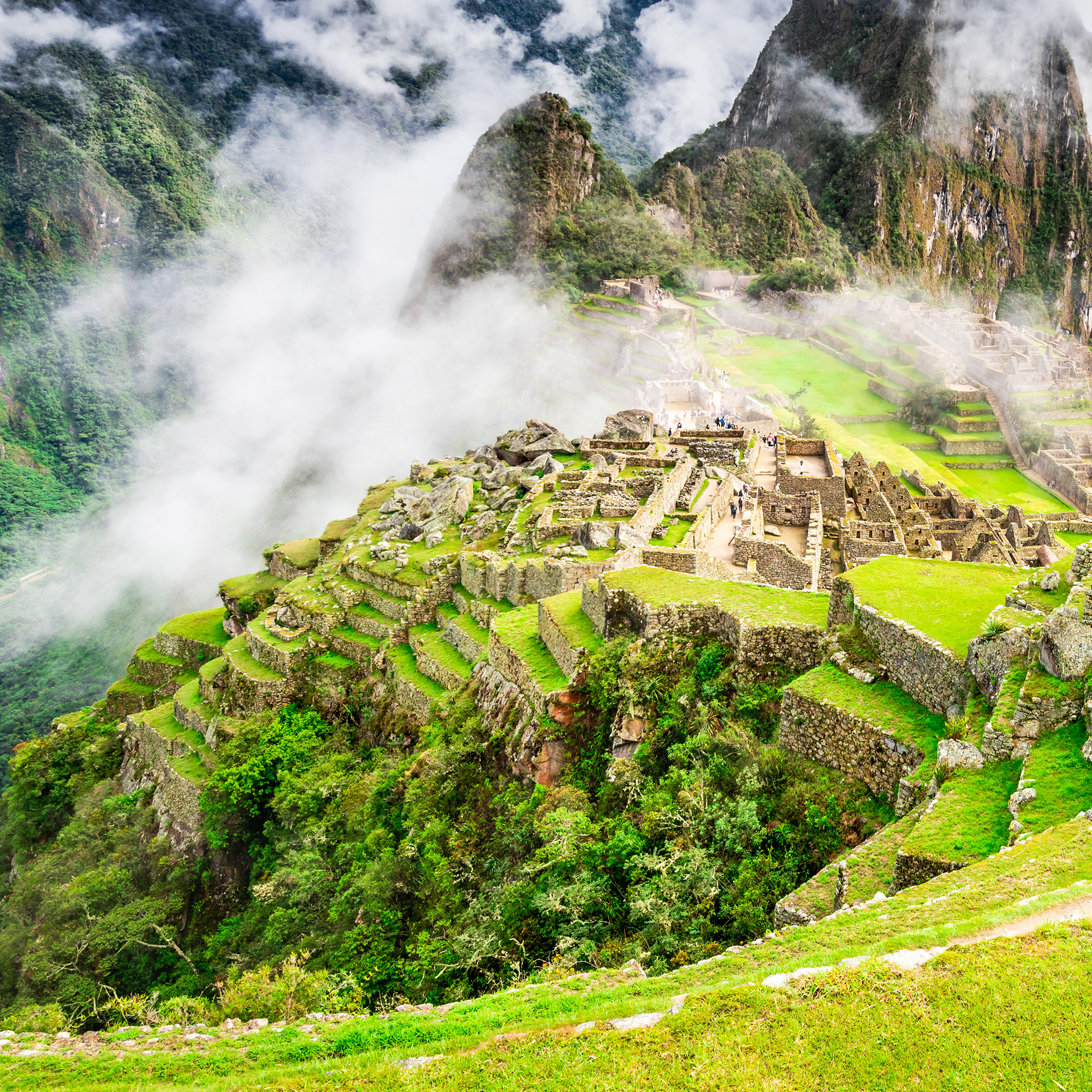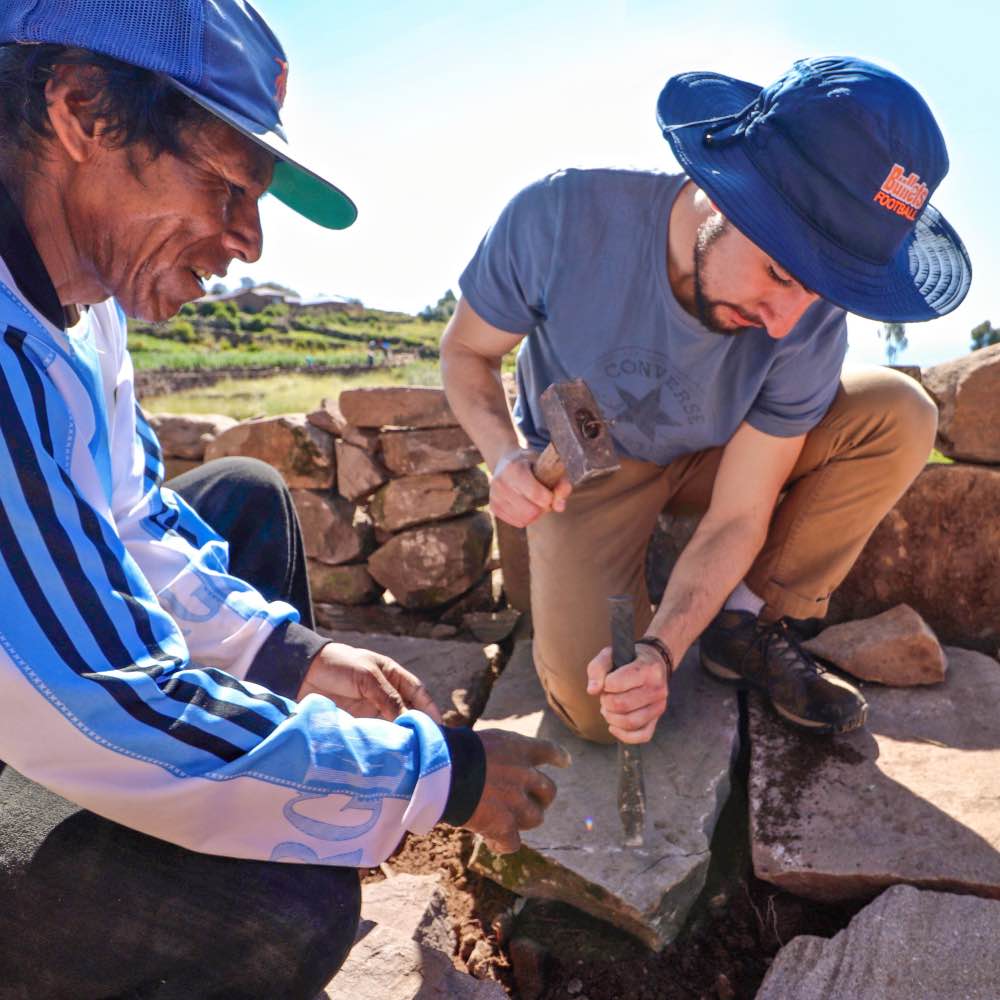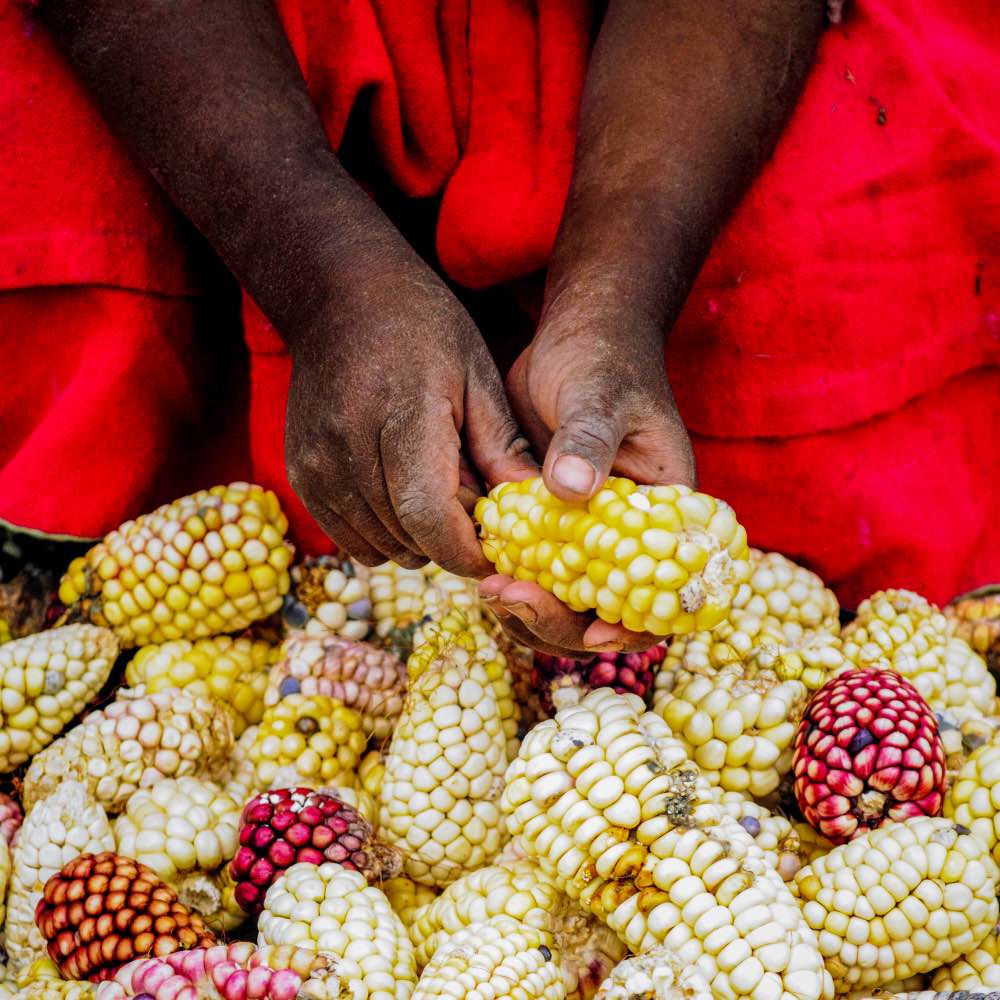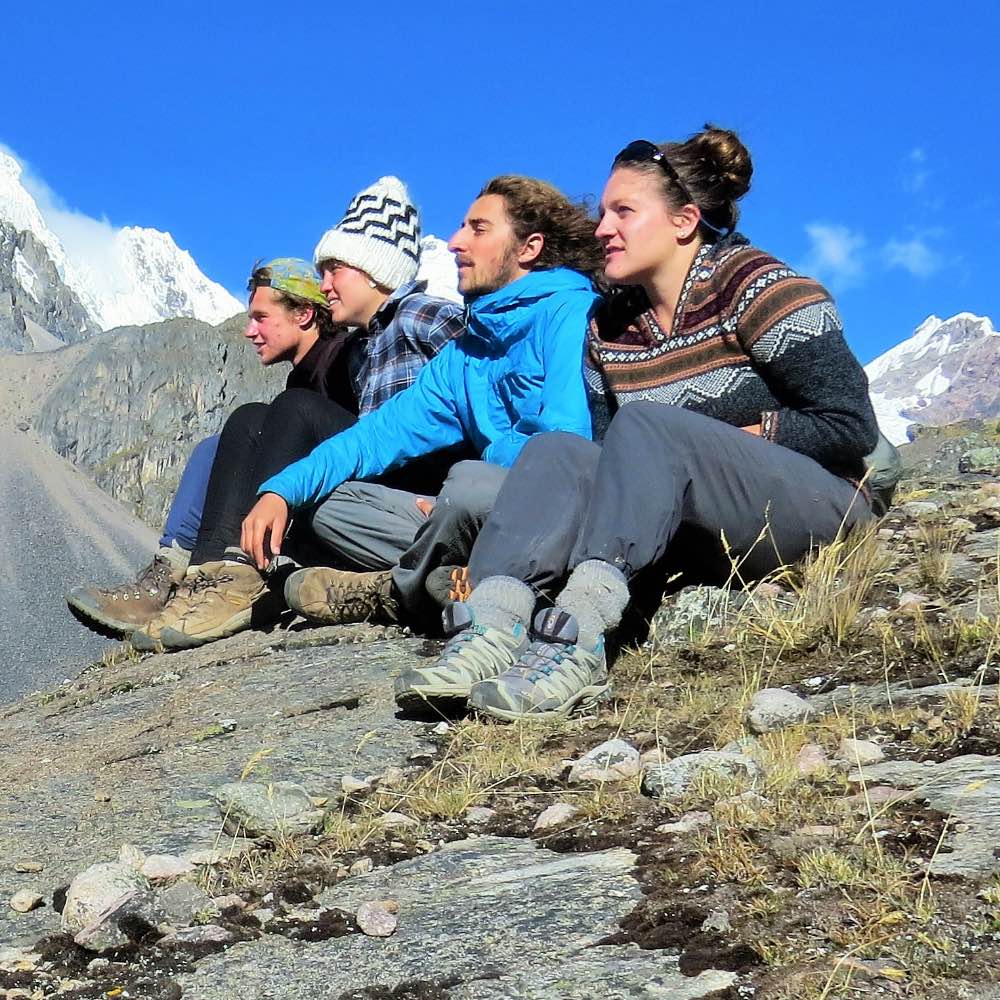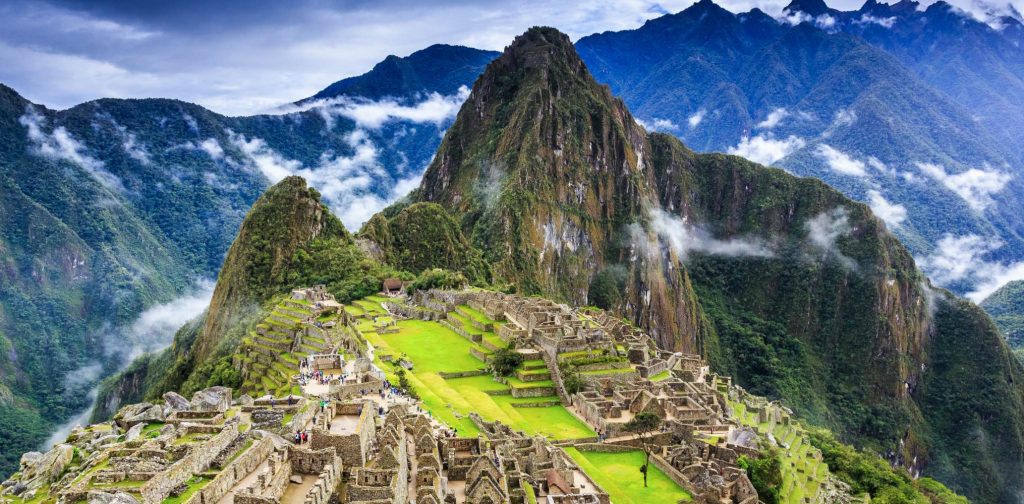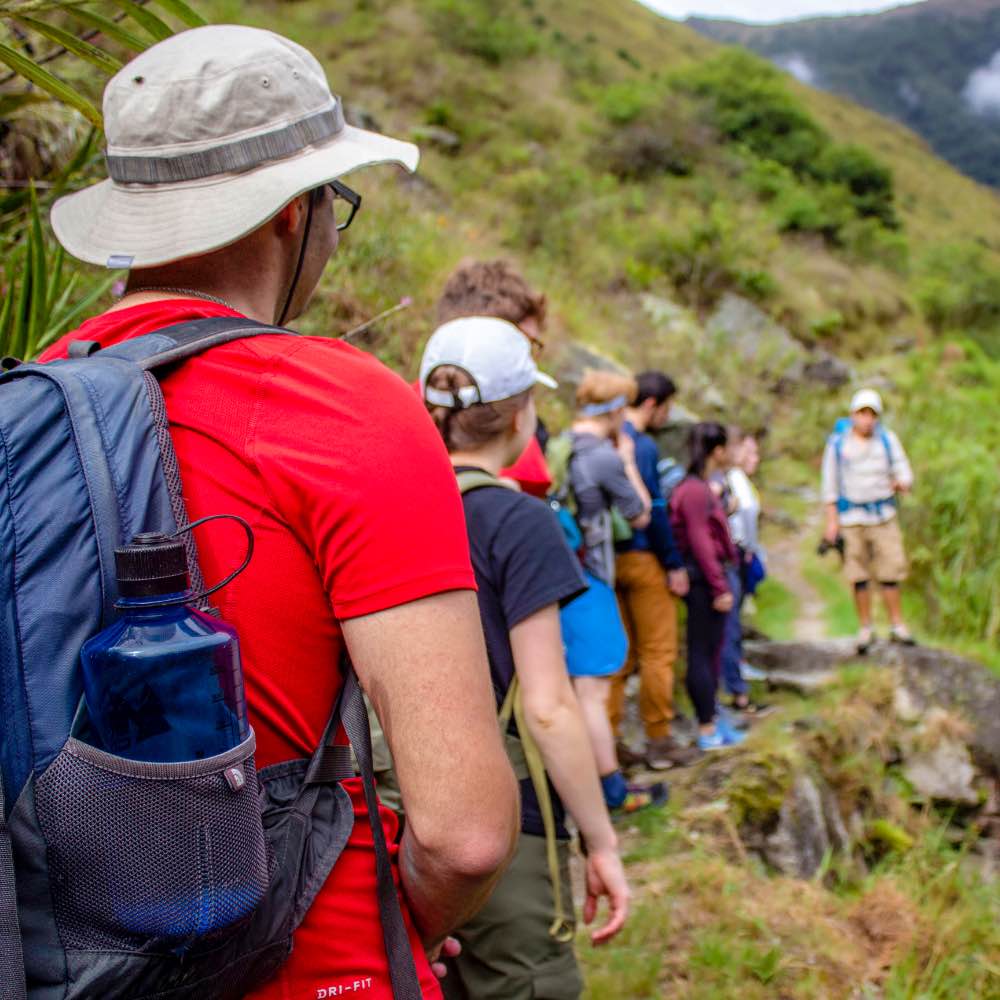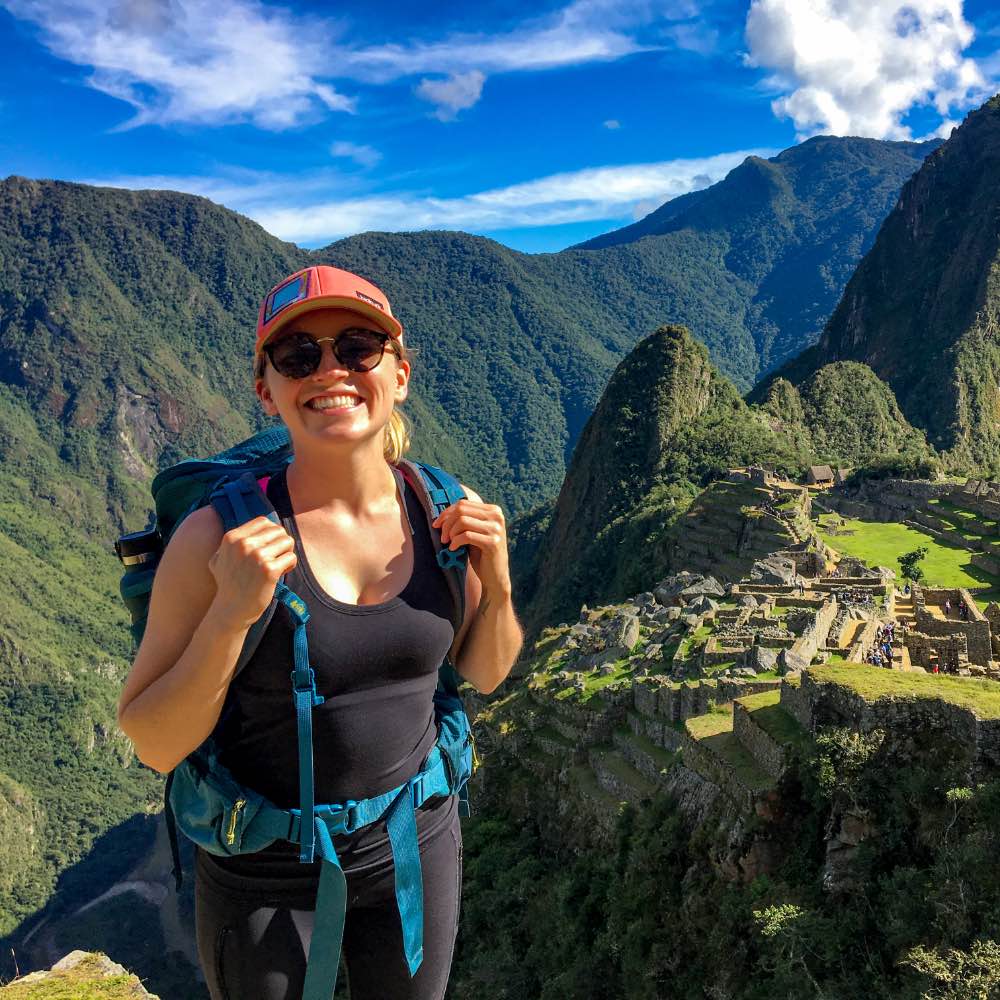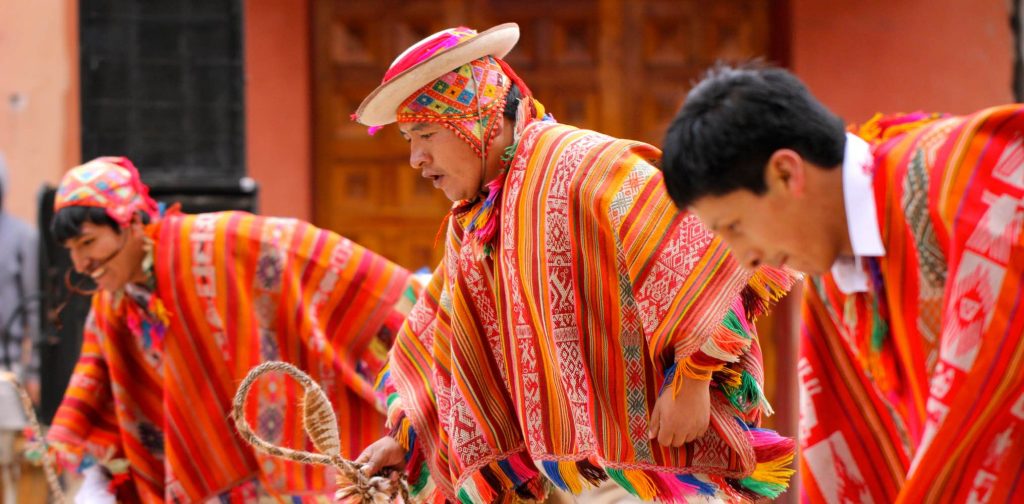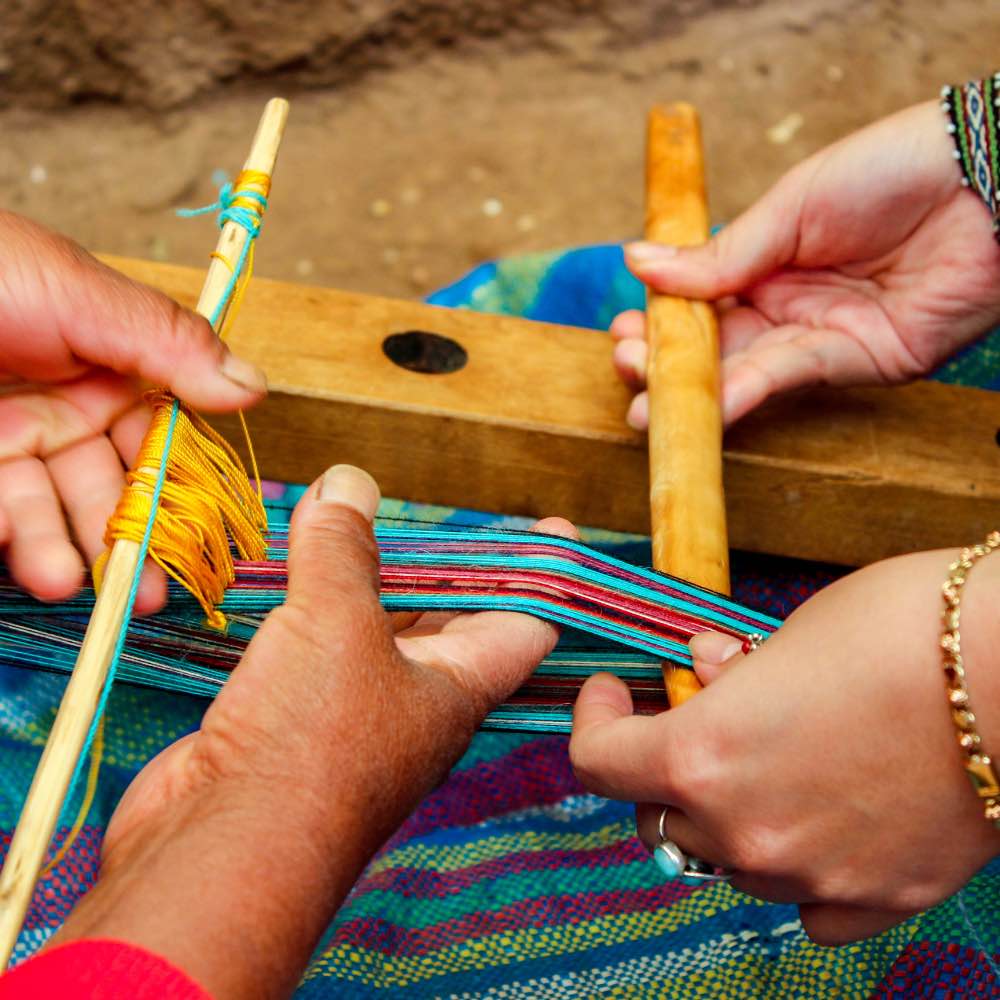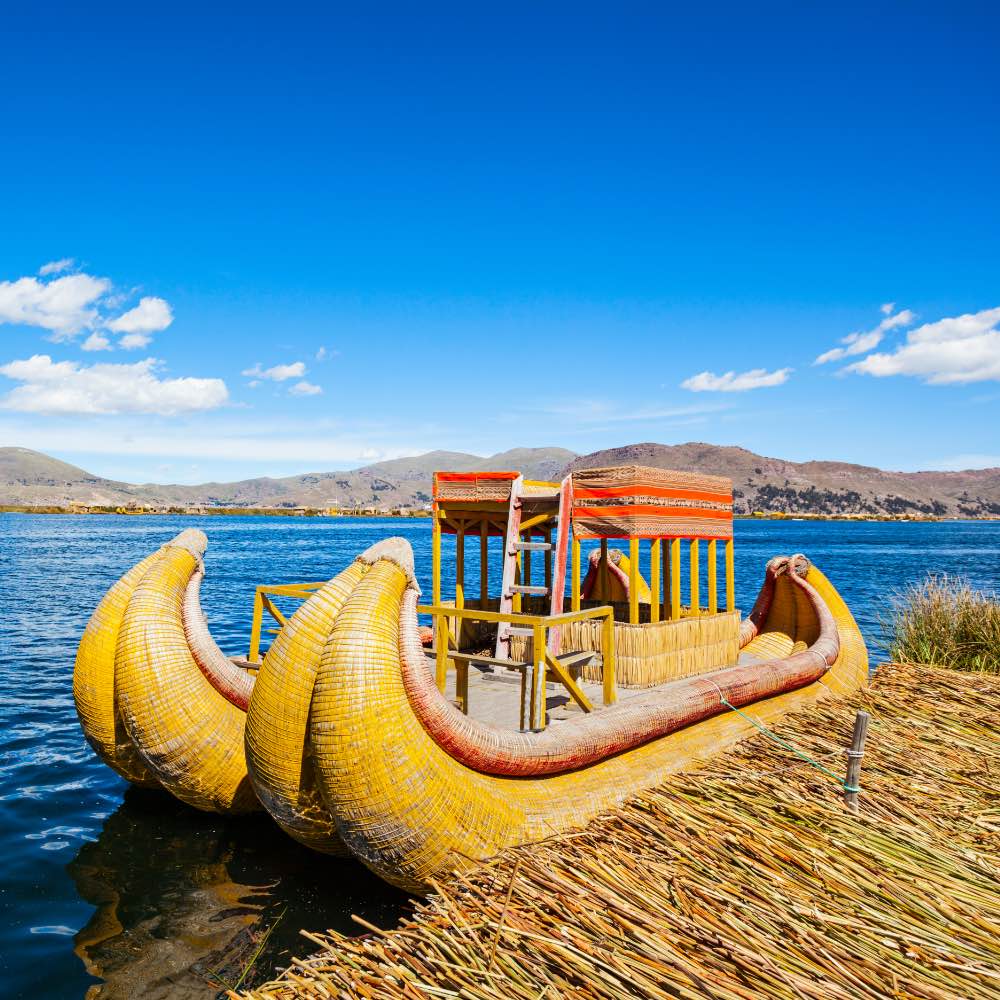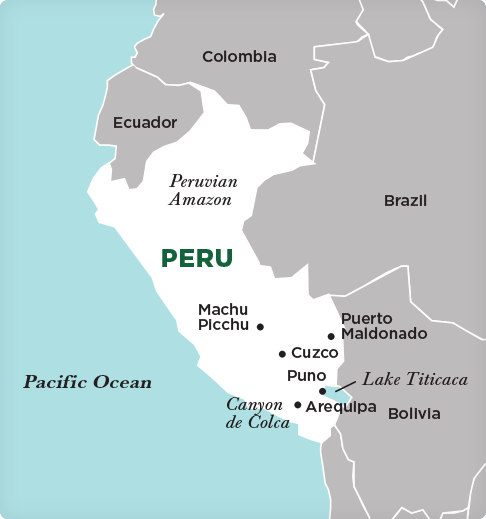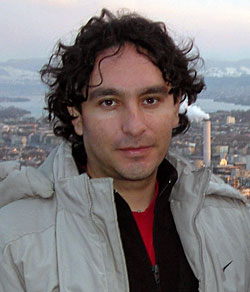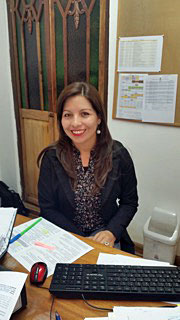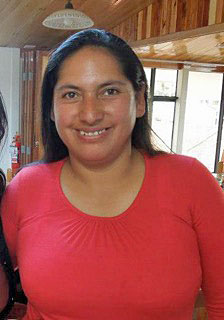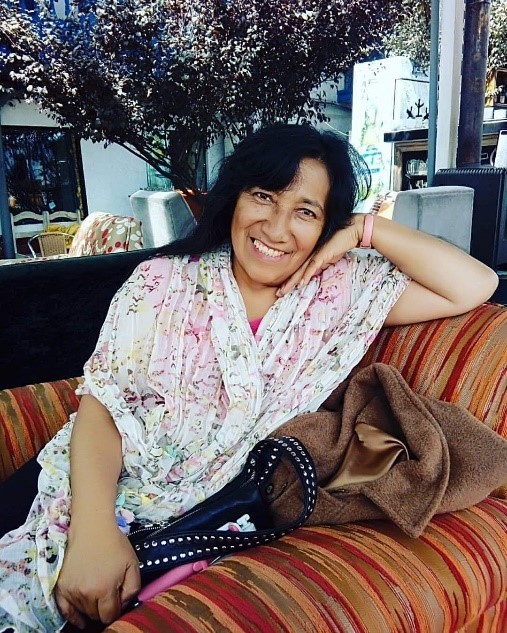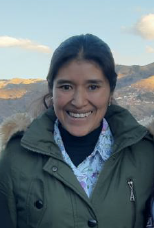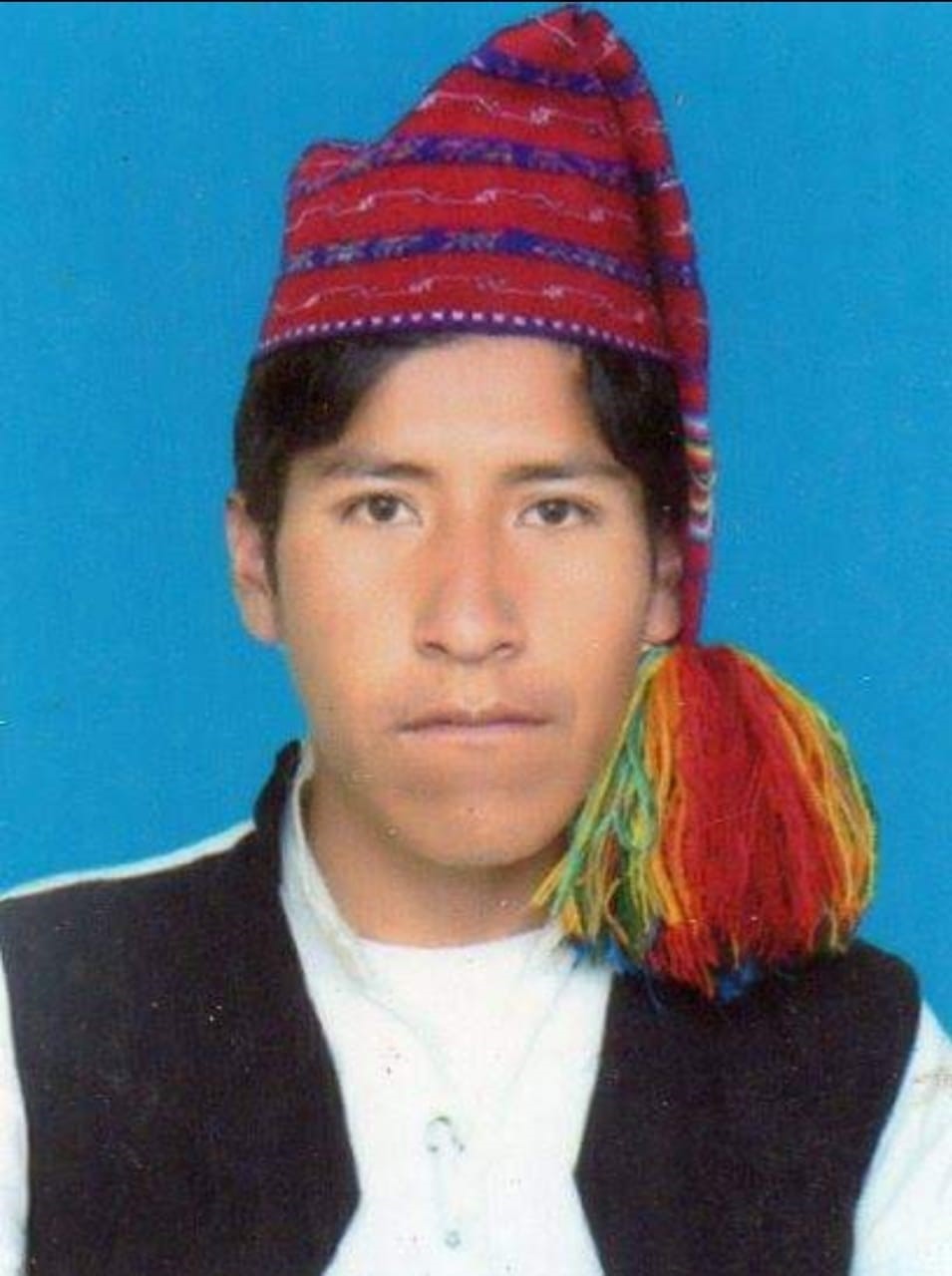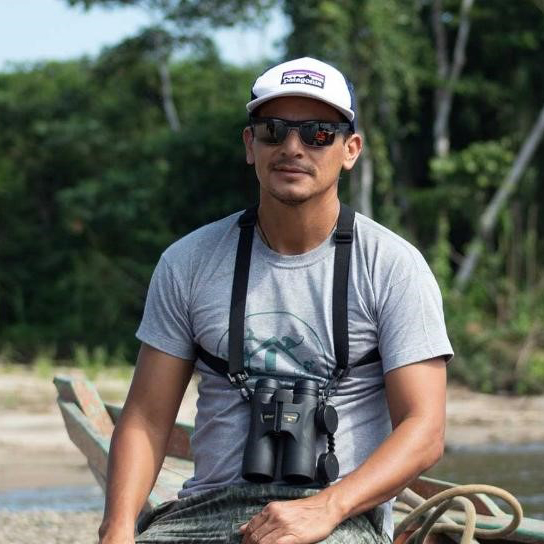Overview
WHY STUDY INDIGENOUS IDENTITIES IN PERU?
Up to 45 percent of the population in Peru identifies as members of an indigenous community. Here, you will witness the impacts of globalization on indigenous peoples and be challenged to scrutinize the complexities of identity, transformation, and marginalization. You will have two homestays, one in urban Cuzco and a second on Taquile Island, where you will experience different Peruvian lifestyles, perspectives, and identities.
During three weeks of travel to the Peruvian Amazon and Machu Picchu, and the floating reed islands of the Uros people of Lake Titicaca, you’ll see how communities are working toward their own definition of development and cultural preservation. You will also learn about research methods and ethics, which will prepare you to conduct a month-long Independent Study Project on a topic of your choice related to the program themes.
In addition, you will learn basic Quechua and develop your Spanish language skills related to social and cultural studies through classroom learning, cultural immersion, homestays, and excursions.
Highlights
- Examine how globalization impacts indigenous peoples and communities.
- Rapidly advance your Spanish and learn introductory Quechua.
- Travel throughout Peru for three weeks and live with two homestay families.
- See how communities work toward their own development and cultural preservation.
Prerequisites
Three recent semesters of college-level Spanish or equivalent and the ability to follow coursework in Spanish, as assessed by SIT.


